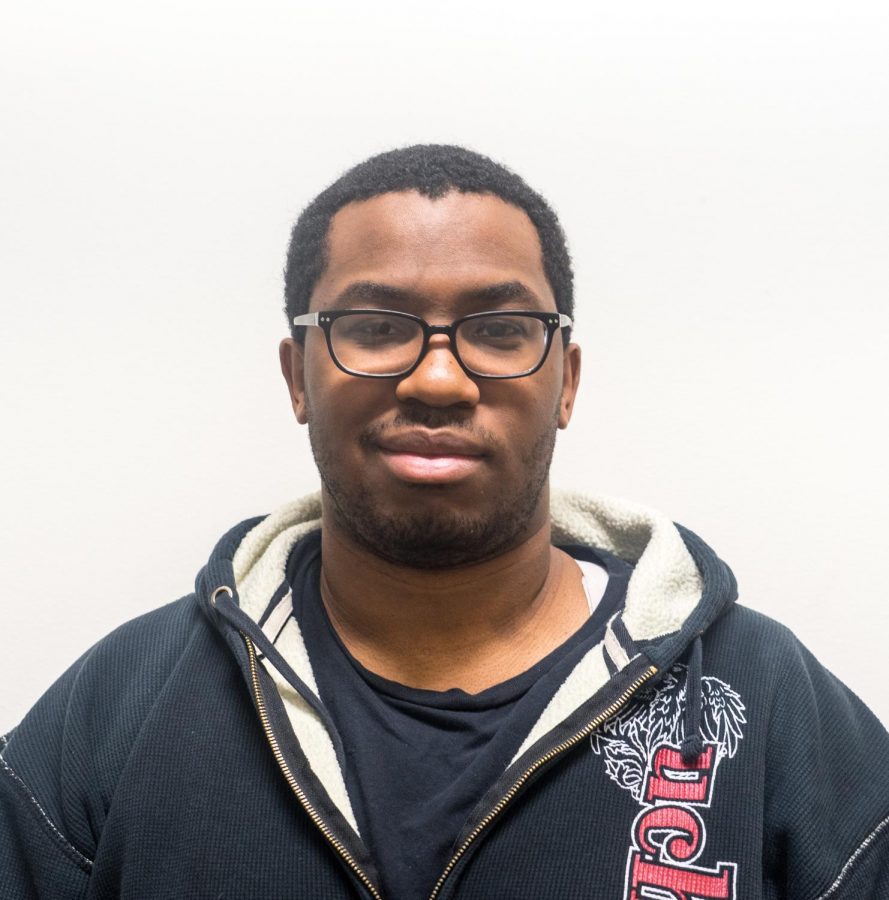(P)optics is an irreverent take on the political and pop culture news of the day from a nerdy, left-of-center, black-ish perspective. A play on words, the title hinges on the word “optics” to communicate insight on both pop culture and politics.
Here’s a story: once upon a time, a man shot and killed a teenager. The man was put on trial, convicted of murder and sent to prison. The end.
Here’s another: once upon a time, a white police officer shot and killed a black teenager. The officer was put on trial, convicted of murder and sent to prison. The end.
Both of those stories are true, because they’re the same story. Both of those stories end the way I’d like to think most people would expect them to, based on how they began. But until earlier this month, when Officer Jason Van Dyke was convicted of second-degree murder for shooting Laquan McDonald 16 times, the second story virtually never happened in the city of Chicago, despite a long and painful history suggesting that it should. And as a lifelong Chicagoan, albeit one currently living in this strange land where everyone folds their pizza to eat it, I feel surprisingly empty knowing that it finally has.
After the nearly four-year road leading to this verdict, I fully expected Van Dyke to walk free, especially when facing a jury with only one black juror. Based on the way that the city effectively shut itself down the day the verdict was announced — with football games being canceled, schools being let out early and businesses closing — I probably wasn’t the only one who did, even if I put slightly more stock in the capacity of Chicagoans of color to protest without rioting. But no, Van Dyke was convicted, the city exhaled and I was somewhere between ecstatic and euphoric — for about an hour. Granted, part of that deflation was thanks to Missouri Sen. Susan Collins effectively confirming Brett Kavanaugh to the Supreme Court later that day, an outcome about which I have some … reservations.
But it mostly stemmed from my reflection on just how much effort had been expended in those four years to uncover the truth, in the face of a protracted campaign by city and police leadership to bury the story. Activists in Chicago fought tooth and nail and moved heaven and earth in Laquan McDonald’s memory, racking up quite a few notches in their belts along the way. They helped fuel a federal Department of Justice report thoroughly detailing what Chicagoans of color had known for decades about the inequities of their police department. Their fury unseated a police superintendent, a state’s attorney and cowed the infamously irascible Rahm Emanuel into refusing to seek re-election for mayor. They did this in the pursuit of a guilty verdict that looked very doubtful until the last moment, and could very well see Van Dyke free again in a poetically unjust four years — the mandatory minimum for second-degree murder.
I don’t intend for my pessimism to be an insult to the community organizers and activists of Chicago who put their bodies and livelihoods on the lines for years to show that one time, just this one time, justice could be more than a buzzword. It isn’t fair to them, and I know that they harbor no delusions about how much further there is to go to make “The City That Works” work for everyone. But I can’t shake the feeling that this isn’t a turning point. It feels more like an aberration, a glitch in the metropolitan Matrix, a momentary dip in a moral arc that stubbornly refuses to bend towards justice.
Maybe it’s the fact that the current president of the United States, who rather adorably thinks that owning a gaudy skyscraper downtown gives him insight into solving the city’s deeply-rooted problems, is urging Chicago’s leadership to adopt more discriminatory policing practices. Maybe it’s the fact that the attorney general, whose preeminent concern seems to be catering to the president’s paranoia about undocumented immigrants, is actively opposing the report issued by the Department of Justice just two years prior to reform the Chicago Police Department. Maybe it’s the fact that in the scrum to fill the vacuum left by Emanuel’s departure, one of the candidates for mayor is the selfsame superintendent who was in charge when Laquan McDonald was killed.
Maybe it’s just the fact that things are already, all too predictably, snapping back to reality when it comes to black people shot by police in the city.
Or maybe it’s none of these things. Maybe it’s just my cynicism combining with the stress of law school and the advent of another basketball season in which my beloved Bulls are probably going to miss out on the playoffs again.
All I know is that as happy as I was to find out that the man who killed him is going to prison for murder, I’d gladly trade it all away if it meant Laquan McDonald was still alive.
Opinions expressed on the editorial pages are not necessarily those of WSN, and our publication of opinions is not an endorsement of them.
A version of this article appeared in the Monday, Oct. 15 print edition.
Email Mickey Desruisseaux at [email protected].






















































































































































